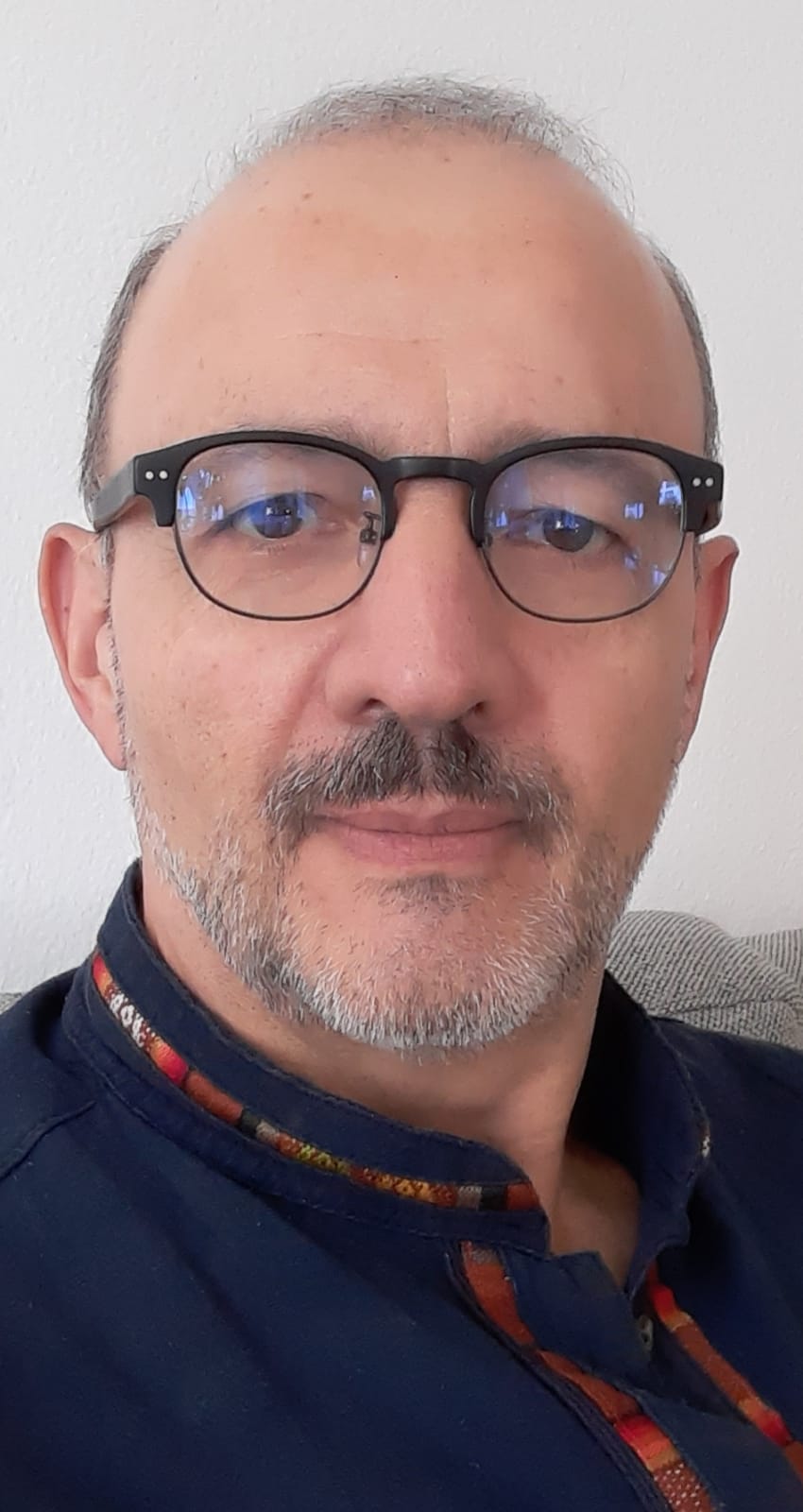
Bone marrow and/or peripheral blood cells from seven patients with acute myelogenous leukemia (AML) were maintained for 7 weeks in Dexter-type long-term culture (LTC) in order to study the effect of exogenous recombinant human colony-stimulating factor-1 (rhCSF-1) and to quantitate endogenous levels of CSF-1. rhCSF-1 was added every 2 days during the first 3 weeks of culture at 15 ng/ml. In all but one culture, adding rhCSF-1 inhibited putative leukemic hemopoiesis [i.e. decreased numbers of abnormal (blast) colony-forming cells and blasts] and stimulated putative normal hemopoiesis (increased numbers of CFU-GM and macrophages). Our data, however, do not distinguish direct effects of rhCSF-1 on normal or leukemic cells from indirect effects mediated by accessory cells. In cultures with a poorly formed adherent layer (all derived from patients classified as M5), the endogenous levels of CSF-1 were lower than those in cultures with a good (confluent) adherent layer, indicating that the levels of CSF-1 in LTC from AML patients positively correlate with the formation of the adherent layer. Our data indicate that CSF-1 is an important modulator of human hemopoiesis in LTC established from AML bone marrow or peripheral blood, and that rhCSF-1 might be valuable for purging leukemic cells in LTC established from AML patients' bone marrow or peripheral blood for autologous transplantation.








